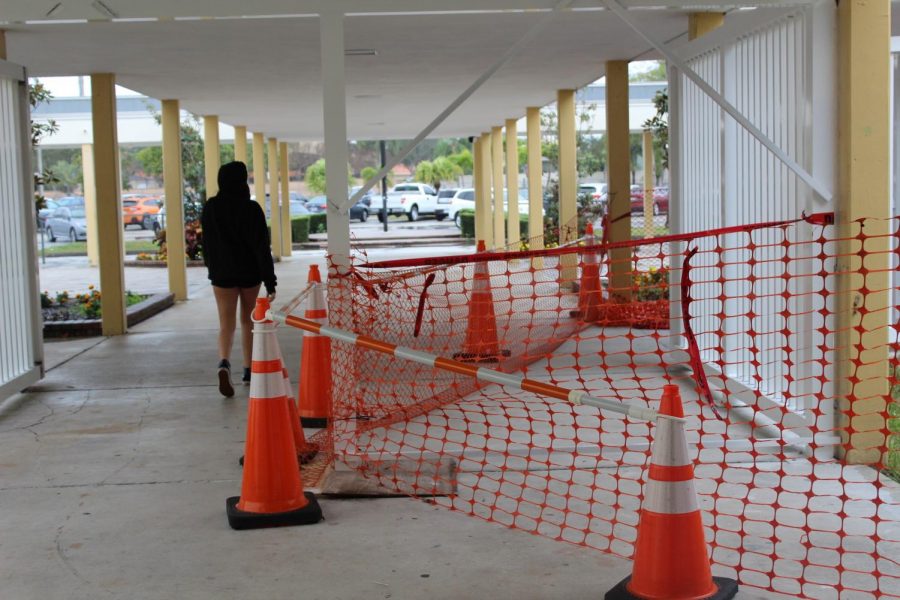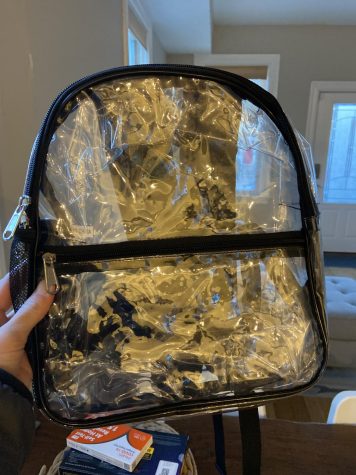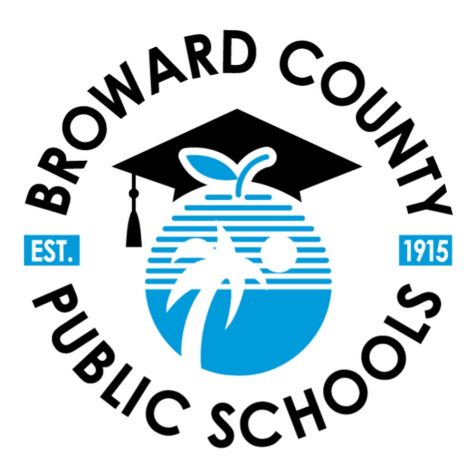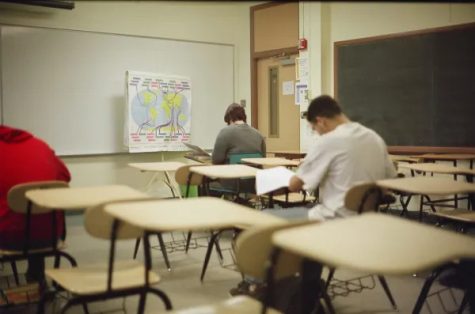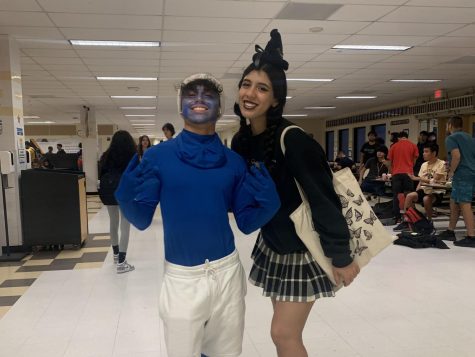Navigating a new world
One year after the tragic shooting at Marjory Douglas High School, school security and political activism are still firmly on the radar.
As part of increased security, construction on gate for single point of entry to school began on February 8.
February 14 is a day that celebrates love and affection, cherishing those closest; however, today, the last thing on everyone’s minds is candy-grams and roses.
After a gunman opened fire on Marjory Stoneman Douglas High School, killing 17 students and employees and injuring 17 others, fear filled not only Broward County, but the entire nation when news got out. Now, on its one year anniversary, we ask the question, what really has changed?
Since then, the school has increased security measures to keep students safe. One of the first changes was the addition of mandated school ID’s which all students are required to wear. If not, they are barred from certain areas such as student affairs, guidance and the media center.
The administrative team emphasizes the increased awareness the ID’s provide.
“It helps students, who are supposed to be on campus, be easily identifiable by having their IDs around their necks at all times so you can tell who’s a student here and who is not. I have seen [compared to last year] students becoming more aware [to wear the IDs] and [it] is becoming a culture,” guidance director Lauren Cohen said.
An increased Davie Police presence on campus during high-traffic times has added an extra form of security. On top of that, Broward County now requires monthly code red drills to make sure students are prepared for any threat.
However, the new policies will take time for all students to embrace. Enforcement of wearing ID’s continues to be an issue.
“When you walk around campus, people don’t usually wear [their] IDs and you don’t see any change from last year… I don’t [currently] feel safer with these rules,” junior Alexandra Koran said.
On a national level, 16 states have tightened their gun control laws, including Florida. On March 7, a school safety bill was passed, and was signed into law two days later.
According to the Sun-Sentinel, the law raises the minimum age required to buy a weapon to 21, sets aside funding to beef up school security, adds more mental health services, and make every school in Florida have a threat assessment team meet every month. It also extends a three-day waiting period for handgun purchases. Bump stocks, which allow guns to mimic fully automatic fire, have also been banned.
Although these new additions to the law sound promising for the nation as a whole, some students argue that there is still more to be done.
“The government needs to [make] a federal law in order for the schools to be protected. Perhaps, a law that says no one surrounding a school should be carrying a gun unless they are law enforcement,” junior Kayla Mejia said.
One of the biggest changes anti-gun activists are working toward is a ban on assault weapons to the general public. From 1994-2004, there was an assault weapon ban in the United States. According to the Washington Post, the amount of gun massacres during the ban period fell by 37 percent, and the number of people dying from gun massacres fell by 43 percent. However, after the ban was lifted, the results were overwhelming; there was a huge spike of 183 percent increase in massacres and a 239 percent increase in massacre deaths.
“All assault rifles should be banned because there is no true purpose to own one. Simpler guns could offer the same protection as this weapon,” Mejia said.
A year after the tragedy that rocked our community, the conversation of gun control and school safety is still being discussed and has not been quieted since that Valentine’s Day. While things are certainly changing nationally and locally, students are still openly fighting for more change and for a sense of peace and security that has been sorely missed.
